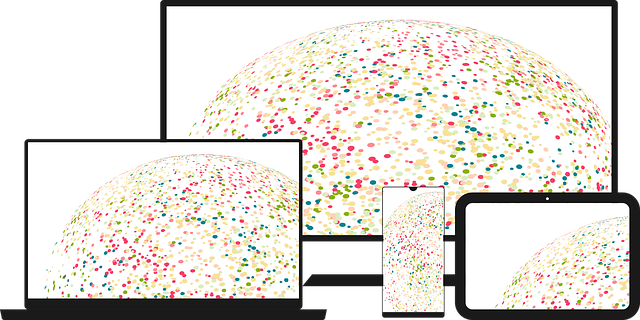AI drip irrigation optimization engines are revolutionizing sustainable landscaping by leveraging real-time soil sensor data and advanced algorithms to automate and refine irrigation schedules, promoting precise water usage and minimizing waste. These intelligent systems ensure plants receive optimal moisture levels, reduce the risk of over or under-irrigation, contribute to healthier soils, and support a greener, more eco-conscious future through efficient water management and reduced fertilizer run-off.
“Unleashing the potential of artificial intelligence (AI) in landscaping paves the way for a greener, more sustainable future. This transformative technology is revolutionizing soil health monitoring, offering eco-friendly solutions for urban and rural landscapes alike. With AI at its core, this article explores how drip irrigation optimization engines can enhance water efficiency while nurturing vibrant green spaces. By leveraging machine learning, we’ll delve into strategies to improve soil health, reduce environmental impact, and create thriving ecosystems through innovative AI applications.”
- AI and Eco-Friendly Landscaping: Revolutionizing Soil Health Monitoring
- The Role of Drip Irrigation Optimization Engines in Sustainable Practices
- Integrating AI for Efficient and Healthy Green Spaces
AI and Eco-Friendly Landscaping: Revolutionizing Soil Health Monitoring

In the realm of eco-friendly landscaping, Artificial Intelligence (AI) is emerging as a game-changer, offering innovative solutions for sustainable soil health monitoring. AI-powered systems have the potential to revolutionize how we approach and manage landscapes, especially in urban settings where efficient water usage and soil preservation are paramount. By leveraging advanced algorithms, these intelligent engines can optimize various aspects of landscaping, starting with drip irrigation—a method known for its water-saving benefits.
AI drip irrigation optimization engines analyze real-time data from sensors embedded in the soil to precisely determine moisture levels, nutrient requirements, and plant health. This information is then used to automate and fine-tune irrigation schedules, ensuring plants receive exactly what they need, when they need it. Such precision not only conserves water but also reduces the risk of over or under-irrigation, both of which can negatively impact soil health. Consequently, AI integrates seamlessly with eco-friendly landscaping practices, contributing to a greener and more sustainable future.
The Role of Drip Irrigation Optimization Engines in Sustainable Practices

In the realm of sustainable landscaping, AI drip irrigation optimization engines play a pivotal role in enhancing soil health and promoting eco-friendly practices. These advanced technologies are designed to revolutionize water management by delivering precise amounts of water directly to plant roots, minimizing waste and optimizing growth. By analyzing various data points, such as soil moisture levels, weather conditions, and plant requirements, AI engines can adjust irrigation schedules dynamically, ensuring plants receive the exact hydration they need.
This tailored approach significantly reduces water consumption, a critical aspect for sustainable landscaping. Moreover, optimized drip irrigation systems decrease fertilizer run-off, as water is applied directly where it’s needed, minimizing environmental impact. In today’s digital era, these AI engines offer a game-changer solution for folks aiming to create vibrant, eco-conscious outdoor spaces while preserving local water resources and promoting overall soil health.
Integrating AI for Efficient and Healthy Green Spaces

Integrating Artificial Intelligence (AI) into sustainable landscaping practices offers a promising path toward efficient and healthy green spaces. AI technologies, particularly drip irrigation optimization engines, play a pivotal role in this transformation. By analyzing vast datasets on soil conditions, weather patterns, and plant requirements, these intelligent systems can precisely automate watering schedules. This not only conserves water but also ensures plants receive optimal hydration levels, fostering healthier growth.
Moreover, AI-driven monitoring systems can detect early signs of soil degradation or pest infestations, allowing for prompt action. These engines learn from historical data and real-time sensor readings to predict and prevent issues before they impact the overall health of landscapes. With AI as an ally, landscaping professionals can create vibrant, low-maintenance ecosystems that thrive in harmony with nature.
Artificial intelligence (AI) is transforming eco-friendly landscaping, particularly through its application in soil health monitoring. By integrating AI with sustainable practices, such as optimized drip irrigation systems, we can create healthier and more efficient green spaces. These technologies work hand-in-hand to promote environmental stewardship, conserve water resources, and enhance overall landscape aesthetics. Going forward, the strategic use of AI drip irrigation optimization engines will play a pivotal role in shaping more vibrant and sustainable urban landscapes.
